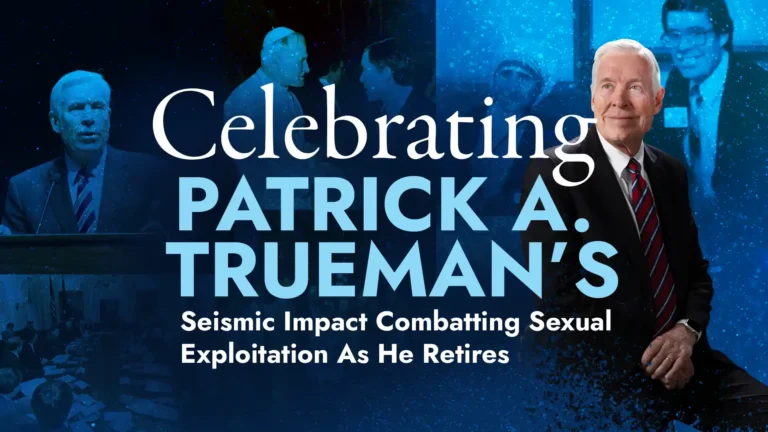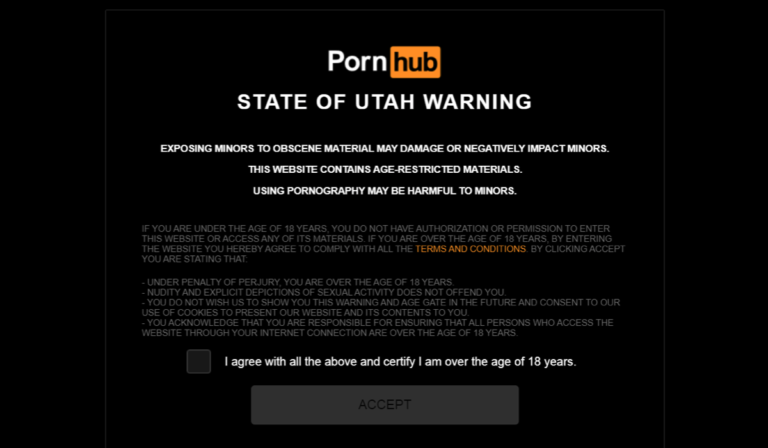Comcast Corporation is an established telecommunications company that produces various services from cable TV, to High-Speed Internet, and more.
Comcast is also a large distributor of hardcore pornography through Xfinity TV.
But is Comcast breaking federal law by selling this material?
People often assume that hardcore, or obscene, pornography is simply “free speech.” However, as NCOSE experts have previously explained, obscene pornography is not protected under the First Amendment.
This should not be surprising since there are large categories of speech that are not protected by the First Amendment, for example: child pornography, blackmail, or defamation. Obscenity falls into this category of criminal speech.
That is why federal law is acting within the bounds of the First Amendment in its law that prohibits the distribution of obscene adult pornography on the Internet, on cable/satellite TV, on hotel/motel TV, in retail shops, through the mail, and by common carrier. The U.S. Supreme Court has repeatedly upheld these laws. (See our campaign, War On Illegal Pornography with more info here.)
So what is obscenity?
Obscenity is determined in a court of law by a jury on a case by case basis.
In Miller v. California, the Supreme Court established a three-pronged test for determining whether a “work” (i.e., material or a performance) is obscene and therefore unprotected by the First Amendment. A judge and/or jury must determine if a picture, or video, is obscene according to a three-pronged test outlined here.
Typical hardcore pornography today, including that being distributed by Comcast Xfinity, typically meets these criteria. That means that Comcast is at least likely open to prosecution by the Department of Justice.
While it would take a judge and jury to decide if the hardcore (and often degrading) pornography sold by Comcast meets the definition of obscene, Comcast would be wise to stop selling pornography now in order to avoid potential prosecutions.



